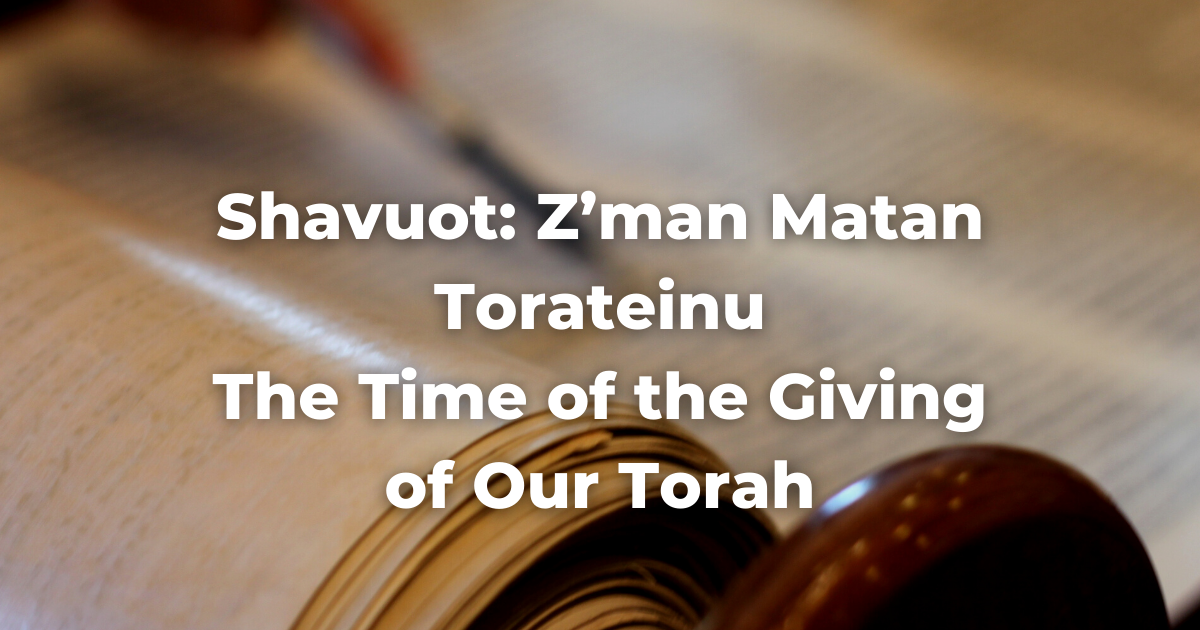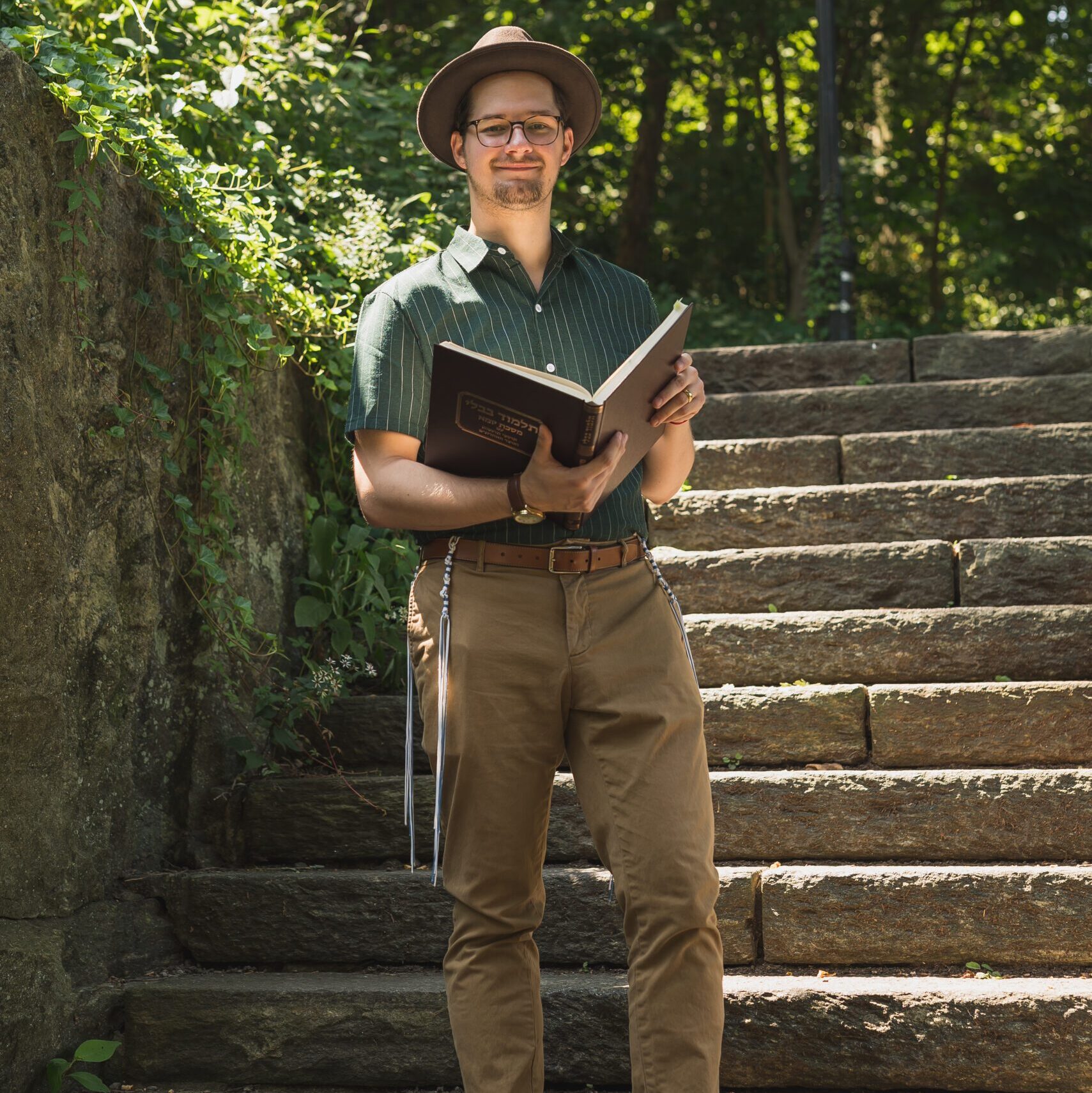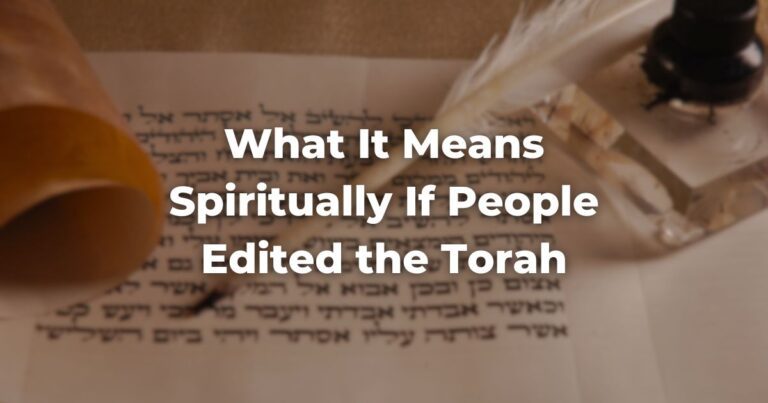The Time of the Giving of Our TorahRefers to the first five books of the Hebrew Bible, the Tanakh, also called the Five Books of Moses, Pentateuch or the Hebrew equivalent, Humash. This is also called the Written Torah. The term may also refer to teachings that expound on Jewish tradition. Read more
Shavuot is z’man matan torateinu, the time of the giving of our Torah. Following our ancestors’ exodus from Egypt, as told during the Passover seder, we count 49 days until Shavuot, in anticipation of receiving the Torah as a people. In the mind of the rabbis, the Torah is miSinai, from Sinai.
“Moses received the Torah at Sinai and transmitted it to Joshua, Joshua to the elders, and the elders to the prophets, and the prophets to the Men of the Great Assembly” (Pirkei Avot 1:1, translation by Dr. Joshua Kulp).
What does it mean to be from Sinai? And how can we relate to an event that occurred thousands of years ago?
As with any matter of Jewish belief, there is a wide range of what Torah miSinai means. The maximalist approach being that the Torah we possess today was orally dictated to Moses at Sinai by Hashem and has passed through the generations unchanged. The minimalist approach being that the Torah is a compilation of texts from various authors over an assortment of times and places, all of which are a response to the Divine, which may trace back to an experience at Sinai. And there are a plethora of beliefs and approaches outside of and within these.
No matter the approach one personally ascribes to, we maintain that there is holiness in the Torah, which connects us to something bigger than ourselves. This holiness may arise from the generational acceptance of the Torah as holy by our ancestors, or it may stem from it being the revealed word of G-d. Regardless, the Torah has served as one of the central unifying tenants of the Jewish people since its giving, thousands of years ago, at Sinai.
And how is it that we can relate to an event that occurred thousands of years ago? What meaning can it give us in our modern era?
I believe the answer lies in a belief that Sinai is both a singular event in our history and also a continual event. We both received Torah at Sinai as a people and we continue to receive Torah each and every day. The act of revelation is not one of singularity but one of continuity.
The revelation that occurred at Sinai is not negated by the ongoing revelation that occurs when one sits down to study the parasha or when a rabbi studies legal sources to answer a halakhic question, rather it is made more perfect, more complete. Hashem didn’t give us all of the answers in the Torah alone. Traditionally, the Written Torah was given alongside the Oral Torah, which explains and clarifies the Written. And throughout the generations, the rabbis have written further commentaries, codes, and responsa to explain and apply the Torah to each generation and to each new circumstance. Had revelation been a singular event, it would be impossible to apply it anew to the modern world.
The Torah itself extols us to: “act in accordance with the instructions given you and the ruling handed down to you” (Deut. 17:9, Etz Hayim translation). This has been long understood by the rabbis to give authority to the sages of each generation to interpret the Torah for their unique circumstances, both social and historical. Hashem understood that if the Torah was to remain relevant, to remain eternal, it would have to be able to be applicable to each and every generation.
As Ben Bag Bag says in Pirkei Avot 5:22: “turn it over, and [again] turn it over, for all is therein. And look into it; And become gray and old therein; And do not move away from it, for you have no better portion than it” (translation by Dr. Joshua Kulp).
Author
-

Ariel (they/them) is a senior rabbinical student at the Jewish Theological Seminary in New York. Outside of JTS, they are a steering committee member for Svara's Trans Halakha Project, also serving as a member of the Teshuva Writing Collective, with whom they are preparing the publication of their second teshuvah. They are a certified shochet, having finished a two-year program of study in Jerusalem and the US. Ariel is a Midwestern native, coming from Ohio where they studied French and Comparative Religious Studies. They hope to receive their MA in Halakhah, one of their passions alongside theology.
View all posts






